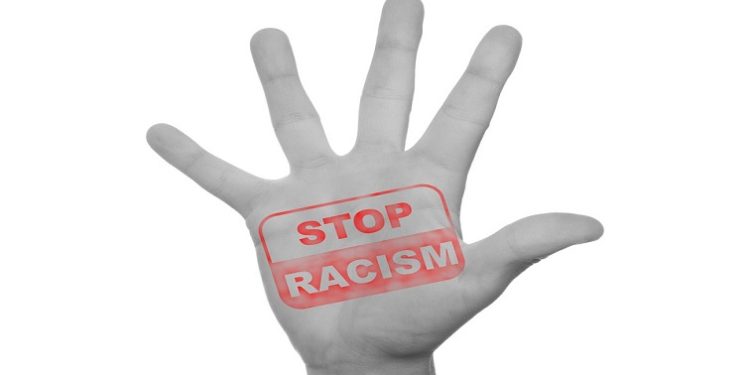South Africans must work in solidarity with one another, if hopes to eradicate racism in society are to be realised. This was heard during a dialogue on race and racism, hosted by the Human Sciences Research Council (HSRC) in Pretoria recently.
The dialogue was aimed at probing the reasons behind racism and how they can be erased, based on the premise that the journey to non-racial ways requires a better understanding of how race and racism work in a country.
Every year, South Africa commemorates Human Rights Day on the 21st of March in remembrance of the sacrifices that accompanied the country’s struggle for democracy. As part of its celebrations, the Human Sciences Research Council (HSRC) hosted a one-day dialogue on race and racism, in an attempt to come up with radical transformation approaches and permanent interventions that can bring closure to racism and its manifestations.
Keynote speaker, Advocate Thembeka Ngcukaitobi, says he believes that the only way to combat racism is for all South Africans to work together in solidarity with each other.
“Unless we go back to addressing the structure of racism and what created the structure, I am afraid we are still unable to move beyond the structure created by apartheid. So, for South Africa to truly belong to all, which is the promise of the Freedom Charter, the symbols of oppression manifested by racialised ownership of the economy should be erased, but we should also erase something else, which is the denial of human suffering and both of these, the erasure of racialised ownership and the erasure of denial require us to work in solidarity.”
For millions of South Africans, the first democratic elections in 1994 ushered in a period of hope and expectation of a non-racial South Africa in which race would become irrelevant and racism would be eradicated. However, almost 30 years later, the battle against racism still continues.
Johannesburg resident, Christopher Ndlovu (38), says he has fallen victim to racism his entire life.
“It was very bad for me at my job because of racism, people hated me and they just thought that I was a bad person. But what can you do as a black person, you just have to accept and move on.”
Ndlovu, who was a security guard at a residential complex for more than 10 years, claims that racist tenants intentionally accused him of stealing to ensure that he looses his job. Despite now being unemployed, Ndlovu says all he wishes for is to not be judged by the colour of his skin.
“It’s very bad to the extent that I even lost my job due to racism. People just hate you for no reason and think you are a thief and that you are stealing from them and they don’t trust you and I think that people must learn to love one another and forget about the colour of the skin.”
Former research director and strategic lead at the HSRC, Professor Modimowabara Kanyane, says he believes that a reinvented Truth and Reconciliation Commission, is just what South Africa needs to truly address the core issues of racism.
“I think we need to move forward and say what are we dealing with? Issues of poverty, inequality and unemployment, and grapple with those issues. The issue of reconciliation and national unity, the Truth and Reconciliation Commission, to me, was an unfinished business and I think we need to revitalise or revise it and bring it in a revised form to grapple with these issues because these are emotional issues.”






